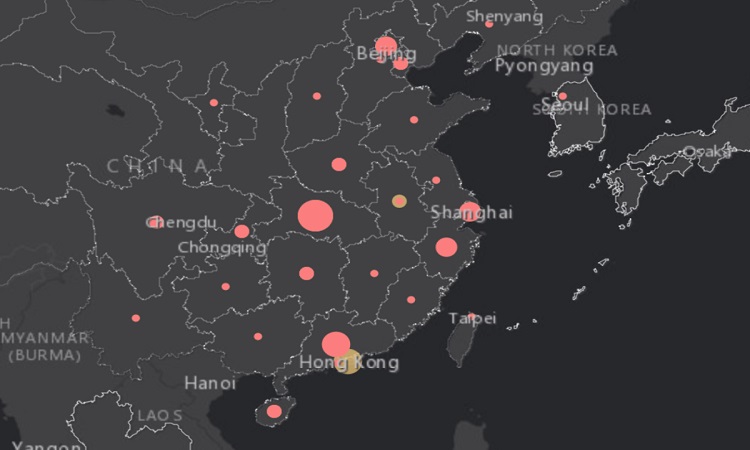With the recent pandemic outbreak such as Influenza flu and the deadly Novel Coronavirus 2019-nCoV (also known as the Wuhan virus), it is important for business owners to stay alert and take precaution steps in protecting your employees and customers alike.
Why is it important to reduce cross-contamination at your premises? Understanding how the virus transmission process and taking the right proactive steps including prevention habits can greatly reduce the risk in cross-contamination and the best prevention of an outbreak of disease.
Protect your employees and customers with these precautionary steps to avoid the spread of the virus at your premises:
1. Providing adequate Hand Hygiene facilities
Hand hygiene is the most basic yet utterly important line of defence to stop the spread of virus! These infectious diseases spread from person to person by direct or indirect contact. Transmission occurs when an infected person touches someone else e.g. via handshake. Droplets released during coughing, sneezing and even speaking can also transmit the virus to others without any touch involved. Do encourage your employees and customers to practice the 3-step hand hygiene frequently, and avoid touching the eyes, nose or mouth with unwashed hands. These 3-step includes washing your hands with clean water and soap, drying them thoroughly and sanitising them for extra protection.
2. Create a healthy and hygienic workplace to combat cross-contamination
A study shows that Influenza virus can survive on hands and surfaces up to 48 hours, contaminated hands can transfer germs to 7 separate surfaces and a flu infection could spread to the entire office in 4 hours. Indirect virus transmission such as airborne transmission could be prevented through installing air steriliser or air sanitiser that could kill up to 99.99% viruses.
Regular cleaning is not just limited to washing your hands, but also includes cleaning on commonly used surfaces and devices. For extra protection, infection control and workstation sanitising services at your premises could help to prevent viral and airborne disease from spreading.
3. Avoid close contact with people who are sick
Employers are to advise employees to minimise travelling especially to affected areas or close contact (physically) with people who are sick or with flu-like symptoms, this also includes sharing food or water with the said infected person. Employees who are sick are advised to rest or work from home. Wearing a surgical mask in crowded areas would help to prevent viruses from spreading.
4. Encourage a healthy lifestyle to strengthen immune system
Employers play an important role in supporting a healthy lifestyle in the workplace. More and more corporate companies are introducing programmes that would encourage employees to live a healthy lifestyle such as getting adequate sleep, exercise regularly, eating a balanced diet, stress management, and etc.
Recognising early symptoms Coronavirus, Influenza A and common flu viruses might have similar symptoms but genetically they are very different. We advise you to seek medical treatment immediately if these symptoms have been identified such as sudden high fever, headache, cough/ sore throat, breathing difficulties, runny nose and muscle pain.
Maintaining your workplace hygiene is vital to your business performance and as an employer or business owner, taking proactive measures in protecting your employees and customers will help to prevent the spread of infectious diseases. Let’s stay alert and healthy to combat this pandemic outbreak together. Download infographic here for more information.
About Rentokil Initial Malaysia Rentokil Initial Malaysia consists of 2 brands that are focused on providing the best services with nationwide coverage, fast response and expert technical knowledge: Rentokil Pest Control and Initial Hygiene.
Visit http://www.rentokil-initial.com.my to find out how services by Rentokil Initial Malaysia can add value to different business sectors.




